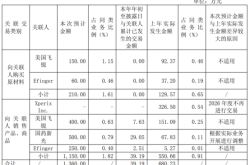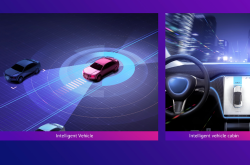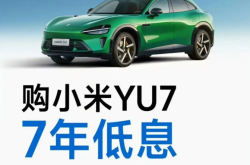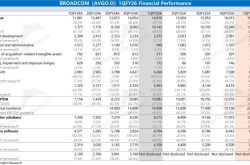Genesis launches hybrid strategy, for environmental protection or self-rescue?
![]() 10/31 2024
10/31 2024
![]() 537
537
Genesis will launch hybrid models from 2027, a decision confirmed by Australia's General Manager Justin Douglass at the CEO Investor Day event in 2024. According to Electric Car News, Genesis' strategic shift towards hybrids indicates that all its models, including sedans like G70, G80, and G90, as well as SUVs such as GV70 and GV80, will be equipped with hybrid systems. Clearly, this move aligns the brand with the new energy trends in the automotive industry.
Previously, Genesis announced plans to transition to an all-electric brand by 2025, but due to shifting market demands, the company has decided to introduce more hybrid models.
Hybrid vehicles offer the benefits of both electric and traditional vehicles, eliminating range anxiety while providing an electric driving experience that meets users' diverse needs. However, the hybrid market is fiercely competitive, and Genesis, as a newcomer to this segment, faces scrutiny regarding its hybrid technology capabilities and development prospects in China.
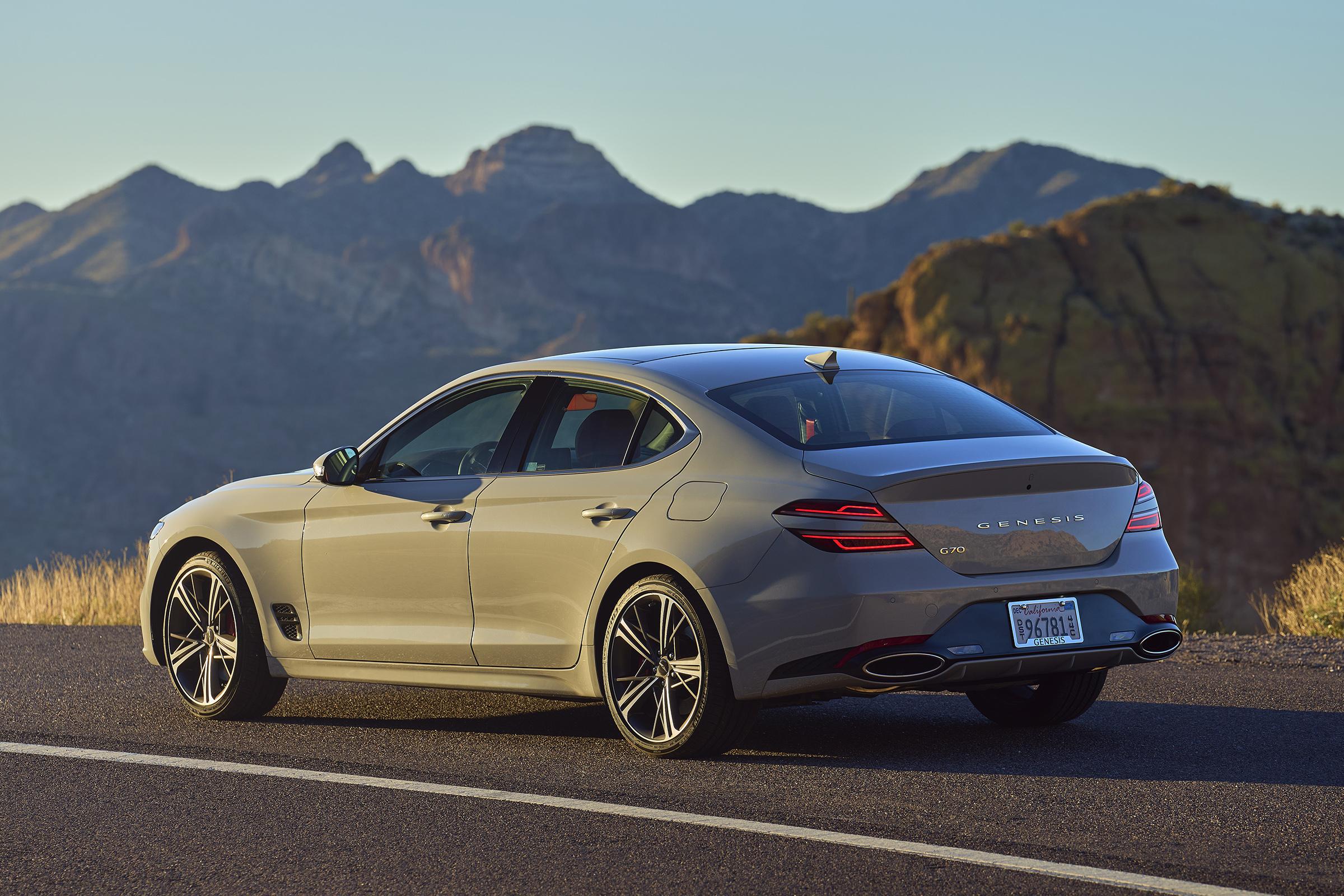
Image courtesy of Genesis Official
In reality, Hyundai has accumulated years of research in hybrid technology, providing critical support for Genesis' new model development. While Genesis currently offers only gasoline and electric vehicles, Hyundai's established foundation makes it feasible for Genesis to adapt quickly to the hybrid market.
It is revealed that the mid-size SUV GV70 will be the first model within the Hyundai Motor Group to utilize an EREV (Extended Range Electric Vehicle) powertrain, with subsequent models to follow suit.
According to Electric Car News, Genesis' focus on hybrids is intimately tied to global automotive market trends. In China, the hybrid vehicle market is experiencing rapid growth, with a 85.2% increase in sales in the first half of this year, far outpacing the 11.6% growth of pure electric vehicles. This underscores the increasing acceptance of hybrids among consumers. This market trend presents a favorable opportunity for Genesis in China, though its own shortcomings limit its development potential.
Although Genesis established itself as an independent brand in 2015, it still lags behind established luxury brands from Europe, America, and Japan in terms of brand recognition and premium pricing power. In the Chinese market, Genesis has struggled to gain traction, lagging significantly behind luxury brands like Lexus, Volvo, Cadillac, Jaguar Land Rover, and even the top-tier BBA (BMW, Benz, Audi) brands. Despite offering models like G70 and GV80, Genesis has failed to stand out in the fiercely competitive market, resulting in dismal sales figures.
Competition in China's new energy vehicle market is intense, with new hybrid technologies emerging constantly and prices continuously declining. In this environment, it is challenging for Genesis, which insists on an import model, to break through. For Genesis to secure a foothold in China's new energy vehicle market, it must adapt further, enhance brand awareness, and improve market competitiveness. More crucially, Genesis won't launch hybrids until 2027, by which time the domestic automotive market is likely to have undergone significant changes, posing even greater challenges for the brand.
Source: Leitech

